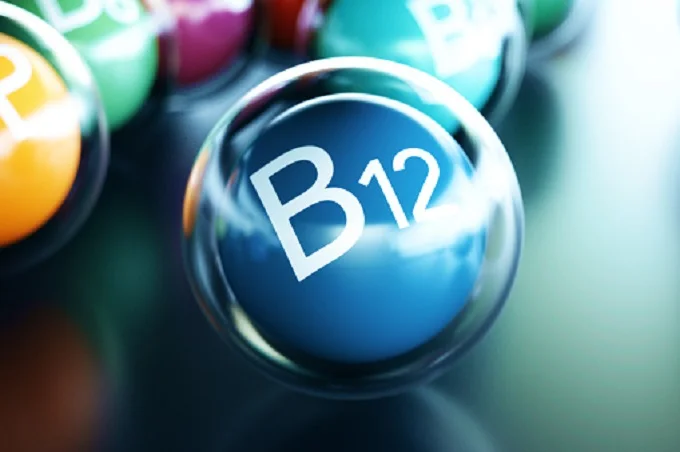Vitamin B12, or cyanocobalamin, is a water-soluble vitamin rich in liver, red meat, shellfish, fish, eggs, etc. This vitamin is very important for the normal functioning of our brain and nervous system. It is also needed to create and maintain optimal red blood cell levels.
A vitamin B12 deficiency can be harmful to your health and cause a host of unpleasant problems. Here are some of them.
PS B12 deficiency is often found in the elderly and those who do not eat the food of animal origin.
Heart and vascular problems
A lack of vitamin B12 raises levels of an amino acid called homocysteine, which can increase your risk of heart attack and stroke.
If you are at risk of developing these diseases, at least periodically check if you have enough cyanocobalamin in your body.
Anemia
B12 deficiency is associated with macrocytic anemia, accompanied by symptoms such as cold intolerance, fatigue, lethargy, insomnia, lethargy, pallor, poor appetite.
Determining the lack of vitamins and anemia can only be done using tests, so do not diagnose based on the above signs.
Constant fatigue
Red blood cell production is one of the main functions of vitamin B12. Red blood cells carry oxygen throughout the body, including the muscles.
Low B12 levels result in fewer blood cells being transported by oxygen, leading to severe fatigue and lethargy. In addition, cyanocobalamin is important for getting energy from food.
Symptoms similar to dementia
Some research suggests that chronic vitamin B12 deficiency is associated with an increased risk of Alzheimer’s disease.
But even a temporary deficiency can cause symptoms similar to dementia: hallucinations, irritability, memory problems, mood swings, etc.
Dyspnea
Red blood cell problems caused by a B12 deficiency can cause shortness of breath and frequent dizziness.
This is especially unpleasant for those who like to play sports: after all, even a simple walk becomes a real challenge for them.
Nerve cell damage
One of the most severe consequences of vitamin B12 deficiency is damage to nerve cells. B12 is very important for the health of the myelin sheath, which surrounds and protects nerves.
Due to a lack of this vitamin, the myelin sheath can collapse, leading to disturbances in the functioning of the nervous system.
